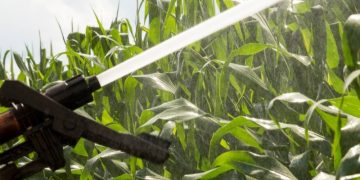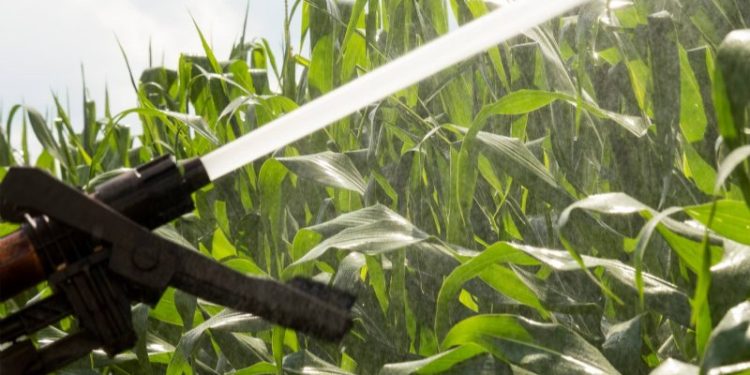This article delves into the current state of precipitation deficits and their potential consequences for farmers, agronomists, agricultural engineers, farm owners, and scientists. By utilizing the latest data from reliable sources, we explore the measures being taken to alleviate drought stress in agriculture and highlight innovative technologies that can help mitigate its impact on crop yields and water management.
The agriculture sector is no stranger to the challenges posed by climate variability, with drought being a recurring concern in many regions. However, despite the ongoing precipitation deficits highlighted in recent reports, farmers can take solace in the fact that the current neerslagtekort (precipitation deficit) in the Netherlands has not yet resulted in widespread drought stress on their crops. According to data provided by Nieuwe Oogst, as of June 13, 2023, the neerslagtekort has not reached critical levels that would severely impact agricultural productivity and water availability for farming practices.
While this news offers temporary respite, it is crucial for farmers, agronomists, agricultural engineers, farm owners, and scientists to remain vigilant and proactive in implementing strategies to mitigate the potential impact of future dry spells. Understanding the link between climate change and the agricultural sector’s vulnerability to drought is vital for developing effective adaptation and resilience measures.
To address this challenge, innovative technologies and practices are being embraced to optimize water management and enhance crop productivity even under drought conditions. Precision irrigation systems, for instance, enable farmers to deliver water directly to the plant’s root zone, reducing water loss through evaporation and ensuring efficient utilization. These systems utilize sensors and real-time data to monitor soil moisture levels, allowing for precise irrigation scheduling tailored to crop needs.
Moreover, advancements in crop genetics and breeding techniques have facilitated the development of drought-tolerant varieties. These resilient cultivars possess genetic traits that enable them to withstand prolonged periods of water scarcity while maintaining acceptable yields. Incorporating these improved varieties into farming systems can significantly enhance the sector’s resilience to drought stress.
In addition, adopting sustainable agricultural practices such as conservation tillage, mulching, and cover cropping can promote soil health and moisture retention, mitigating the effects of drought. These practices help reduce evaporation, improve water infiltration, and enhance soil structure, thus increasing the soil’s water-holding capacity.
While the current neerslagtekort may not have immediately impacted farmers, it serves as a reminder of the need for long-term planning and investment in climate-smart agriculture. By combining scientific research, technological innovation, and sustainable practices, farmers and agricultural stakeholders can strengthen their resilience to drought and ensure food security in the face of climate change.
In conclusion, although the neerslagtekort in the Netherlands has not yet led to significant drought stress among farmers, the potential risks associated with precipitation deficits cannot be ignored. Embracing innovative technologies, such as precision irrigation systems and drought-tolerant crop varieties, alongside sustainable agricultural practices, offers promising solutions to mitigate the impact of drought on agricultural productivity. By proactively implementing these measures, farmers can build resilience and adapt to changing climatic conditions, safeguarding the future of the agricultural sector.
Tags: agriculture, drought stress, neerslagtekort, precipitation deficit, farmers, agronomists, agricultural engineers, farm owners, scientists, climate change, water management, precision irrigation, crop genetics, sustainable practices, resilience, innovation, food security.































